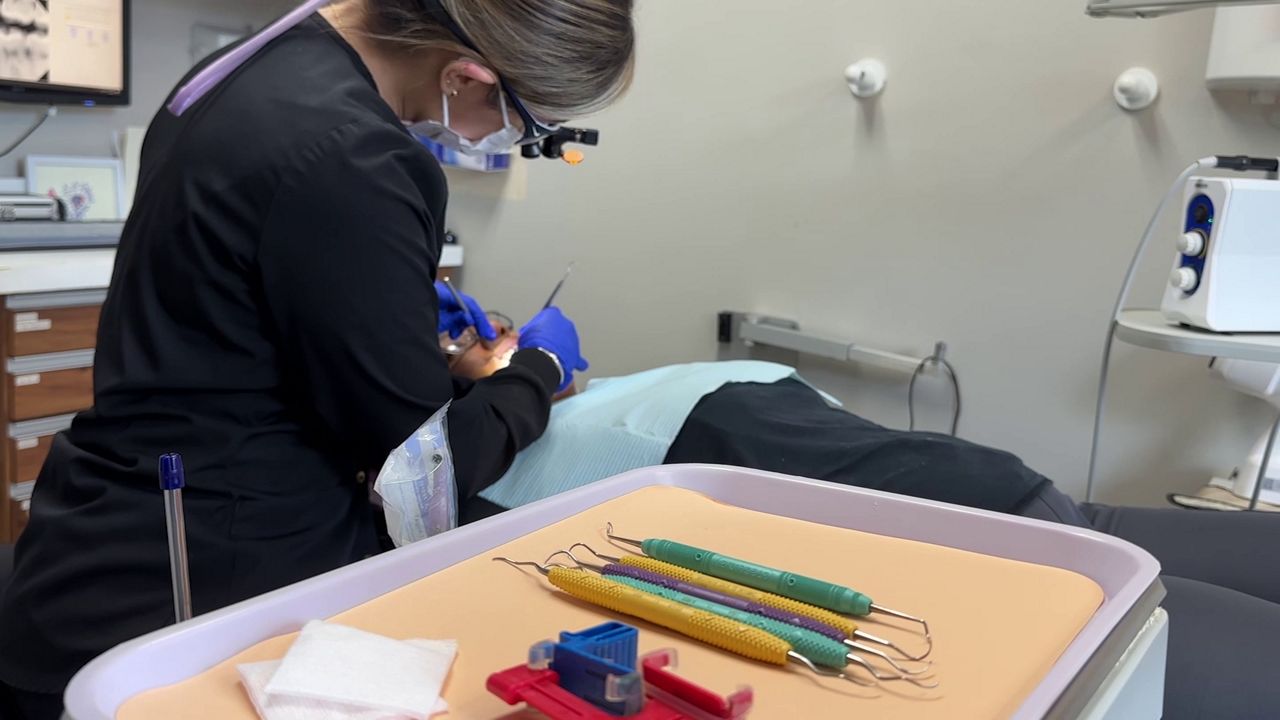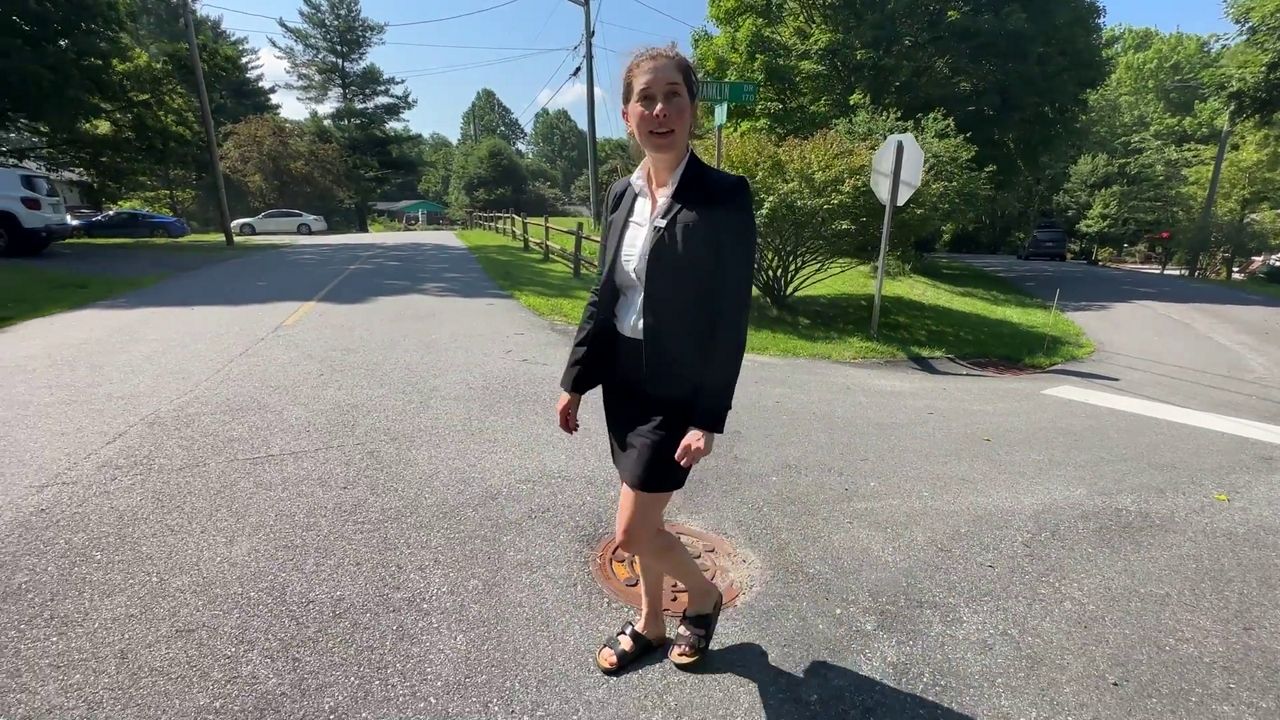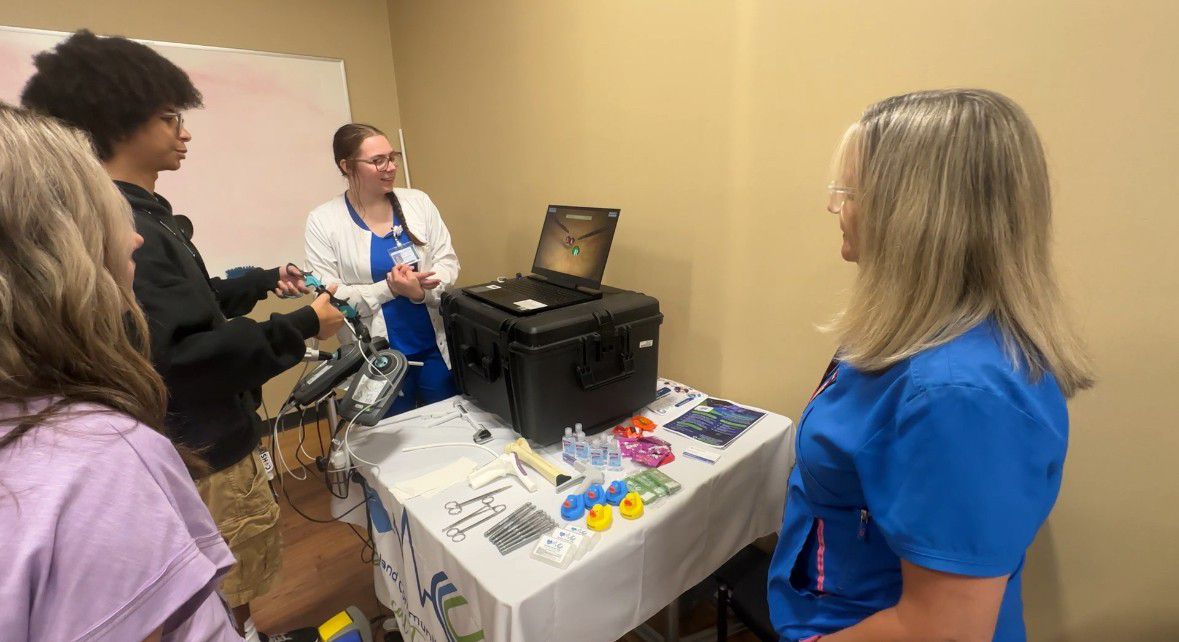RALEIGH, N.C. — A North Carolina obstetrician and gynecologist says that after the U.S. Supreme Court overturned Roe v. Wade, the medical uncertainty for patients and their providers is more real than ever.
Dr. Jenna Beckham, who has practiced maternal and reproductive health for more than five years, said the end of Roe v. Wade "will change the landscape of health care in this country."
“I've heard so many heartbreaking and also empowering stories of challenges that people have gone through the secrecy of having to hide things from their families and really what a life-changing thing it is for them to have that access,” Beckham said.
Women in North Carolina currently have access to abortion, but state lawmakers have added requirements for those who seek the procedure.
“In North Carolina if someone is interested in or considering an abortion, our state requires that they have to undergo a consent discussion with a health care provider at least 72 hours before they are able to or eligible to have an abortion,” Beckham said.
A woman has two options for abortion in this country: a surgical in-clinic abortion or a medication abortion.
Most women choose the latter option, which is often referred to as an abortion pill. Beckham said a woman in the first 11 weeks of pregnancy may access medication.
“For a medication abortion, the patient in North Carolina is required to take the first pill, the mifepristone, which is a progesterone blocker and that really just stops the pregnancy from continuing to grow and makes the second dose of the medication more successful,” Beckham said.
By law in this state, a woman must come to the clinic to take the first pill. During the COVID-19 pandemic, the FDA lifted in-person requirements. A patient could receive the abortion pill through the mail in some states but not in North Carolina.
Beckham said that before the Supreme Court decision on Friday, patients were already confused about their health care options. She said it shouldn’t be up to the medical professionals to know every letter of the law.
“A health care provider should be able to advise someone on medicine and health care,” she said.
Because of state regulations, she feels lawmakers are telling her how to do her job.
“Honestly, I find it insulting. I’ve done a lot of education and training to be a doctor and that's my area of expertise,” she said.
In 2014, The Journal of Women’s Health research showed almost 40% of American women of childbearing age do not have a clinic in the county they call home. Researchers from the Guttmacher Institute, a worldwide advocate for abortion services, found that in 2017, 89% of U.S. counties did not have a clinic that provided abortion care.
“It's going to be harder for our already marginalized patient populations who have challenges in accessing health care because it's going to be a greater burden on their lives. It's going to be more of an expense to travel to a different state to take several days of their time,” Beckham said.
The right to receive an abortion is now a state-by-state decision.
“It truly breaks my heart. I already see patients who have to try to figure out small elements of basic health care: to get a ride to the doctor, to get a child to the doctor, to miss work when their kid is sick,” Beckham said.
Beckham said that she would continue to do all she can as a health care provider to guide and protect her patients.
“I wish that one of those Supreme Court justices could just sit in a clinic and meet a few people and hear their stories and learn the diversity of reasons and ways how people ended up there," she said. "I don't know if it would change their mind, but I think that there's a humanity element that they're missing.”










